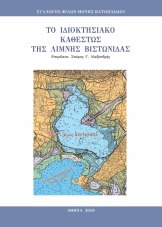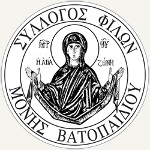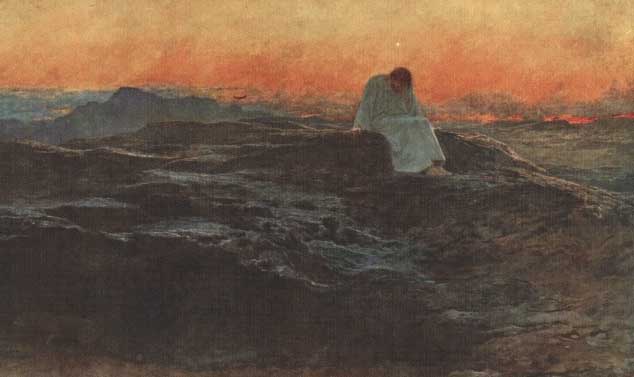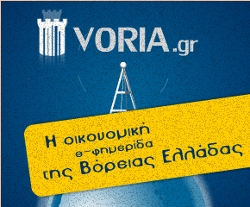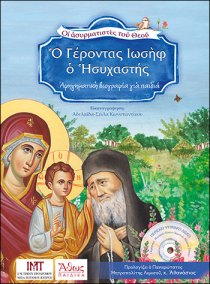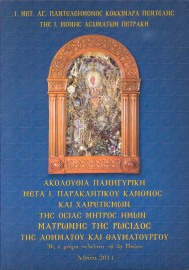Today is the exclusive Nameday of our God. Although there are three Names, for three separate Persons, yet One Nameday, One God, not three Gods.
Christ defined this in a very mysterious paradox way, when instructing the Apostles: «to make disciples by baptising them in the ‘name’ (in Singular, not ‘names’ in Plural, though He lists 3 Names) of the Father, the Son and the Holy Spirit.» This unusual Singular is contrary to the laws of Grammar but also contrary to human logic. Those who stubbornly attempt to analyse God under the prism of human logic, deprive themselves from a spiritual insight, they restrict themselves from an examination of things unseen and exclude themselves from a heavenly awakening: FAITH. Διαβάστε τη συνέχεια του άρθρου »
